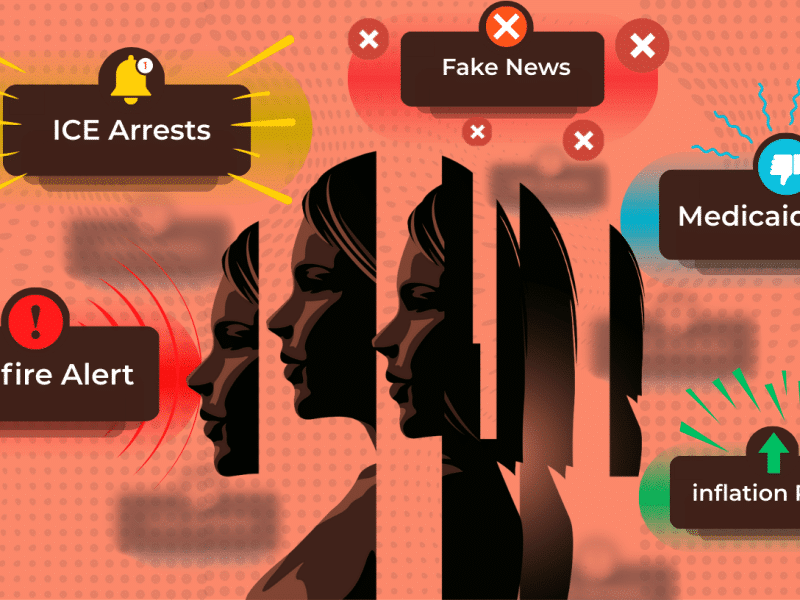Improvements in Autism Screening Lead to More Diagnoses for Latino Children
For years, there has been a gap in autism diagnoses, largely attributed to cultural and socioeconomic factors that have hindered equal access to quality healthcare for Latino communities. But now, recent data shows that this gap is now closing, and Black and Latino children are being diagnosed more frequently than their white peers.

The Centers for Disease Control and Prevention (CDC) have recently announced a significant shift in autism diagnoses in the US. Black and Latino children are now being diagnosed more frequently than their white peers, marking a change from previous years where autism was primarily diagnosed in white children. This increase seems to be the result of improved screening and autism services for all children, along with increased awareness and advocacy for POC families.
For the past several years, there has been a gap in autism diagnoses largely attributed to several cultural and socioeconomic factors.
One of these factors is the lack of access to equitable and quality healthcare for Latino communities, which often leads to late diagnoses. Latino children are typically tested for autism much later in life than what is recommended, leaving many to mask their behavior as young teens or adults.
Latino parents often face obstacles in receiving adequate education from healthcare providers regarding autism due to language barriers. This lack of information often results in behaviors associated with autism being misinterpreted as behavioral issues, rather than as symptoms of a manageable disorder that can be diagnosed and understood with proper medical attention.
In addition, cultural stigmas surrounding mental health may further discourage families from seeking necessary help for their children.
To address these disparities, it’s important to engage in open conversations with families and to normalize discussions surrounding autism. Promoting knowledge about autism in children and educating parents on the warning signs are both essential steps toward reducing inequities in healthcare. Providing information about autism in Spanish is also necessary to reach underserved communities that are not fluent in English.
Although the recent rise in autism diagnoses among children of color indicates progress, we must remain vigilant in our efforts to ensure that every child has equal access to support and services. Insisting on improved screening and support services and dismantling the barriers that hinder Latino families from accessing vital aid for their children will guarantee that families of color obtain the vital assistance they need.




